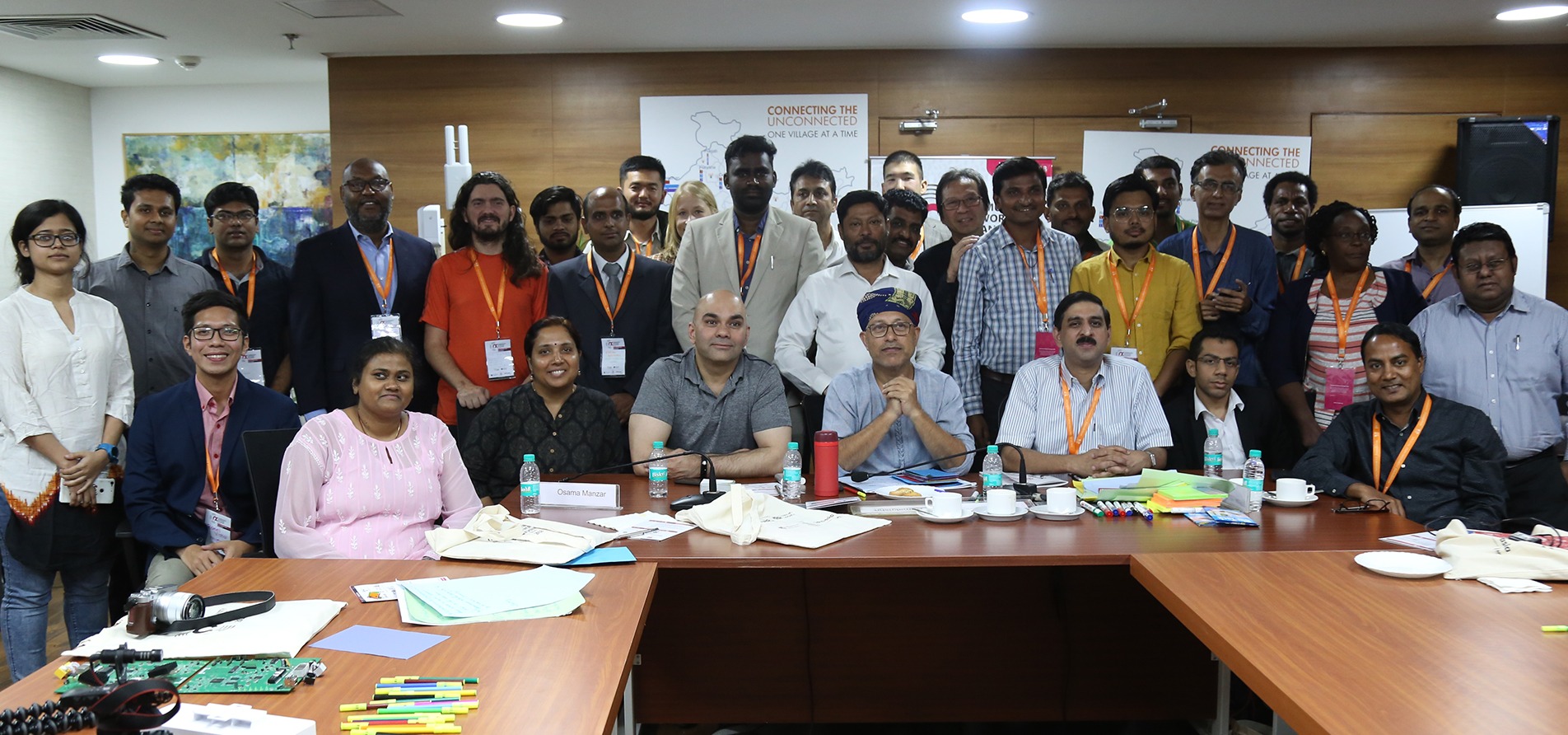By Digital Empowerment Foundation
In the last 25 years, half the world has been connected to the Internet and the almost infinite opportunities it has to offer. Most of these, among the 3.5 billion connected individuals of the world, are people who are largely economically empowered, literate, and reside in urban or accessible areas. However, there is also half the world that is yet to get online and access what the Internet has to offer them.
The biggest barrier to widespread connectivity is the high cost of infrastructure. With many telecom companies unwilling or unable to build infrastructure in far flung and rural areas, large swathes of the world have remained in media darkness. Evidently, most of those who are excluded from digital ecosystems are people who are largely at the bottom of the pyramid and reside in rural or inaccessible areas. They are people who have not been connected by the mainstream Internet Service Providers (ISP) – and who may have to wait a long time to be connected.
So who will take the responsibility of connecting them?
It has to be the community themselves.
Over the years, community network providers have proved to be great enablers for bridging the digital divide. Some of these networks are located in Latin America, Africa, Asia Pacific, Europe, and even the U.S. Passionate and innovative community members have been able to leverage varying technology, tools, regulations, and socioeconomic and cultural conditions to bring Internet connectivity to their people. However, these efforts are scattered around the globe, and mostly implemented in silos.
In an effort to amplify such efforts across the Asia Pacific and learn from each other, the Internet Society and Digital Empowerment Foundation organized a 10-day experiential learning program for Community Network Champions from the region, as a follow-up to its second annual Community Network Exchange. As part of this program, eight participants from Haiti, Bahrain, Nigeria, Kyrgyzstan, Philippines, Kenya, and Indonesia traveled to New Delhi and Guna to immerse themselves in intensive training on deployment of wireless networks, its operations, and management.
In these 10 days, Roel Vincent Vistal, Dhinesh Pandian, Ahmed Abdulali Abdulaziz Husain Alaali, Asanbaev Isabek, Reynold Guerrier, Erzhigit Imamov, Irine Chepngetich Misoi, and Paul Henry Yauko not only learned how Digital Empowerment Foundation is using unlicensed spectrum and frugal technology to connect the unconnected (most recently through its DIY Internet in a Box solution), but also brainstormed on new ideas for connectivity, challenges of community networks and policy recommendations for connecting the rest (while navigating multiple hospitality and logistical challenges of staying in rural India).
Reynold was particularly impressed by the commitment of the wireless engineers in Guna to change the destiny of their community through a bottom-up approach rather than wait for a top-down movement. Ronel could see how availability of communication services is essential to delivery of basic services, educational materials, disaster preparedness, governance, pump priming of local economy, and training local human resources, among many others. And Isabel particularly saw potential of MeraApp, an Android-based mobile application developed by Digital Empowerment Foundation to make entitlements accessible and available to the citizens, for people in Kyrgyzstan.
The Community Network Champions are now back in their home countries with revived energy and commitment to establish, scale up and strengthen community networks in their regions and bridge the digital divide.
Community networks work! Join the movement to help close the digital divide. #SwitchItOn
